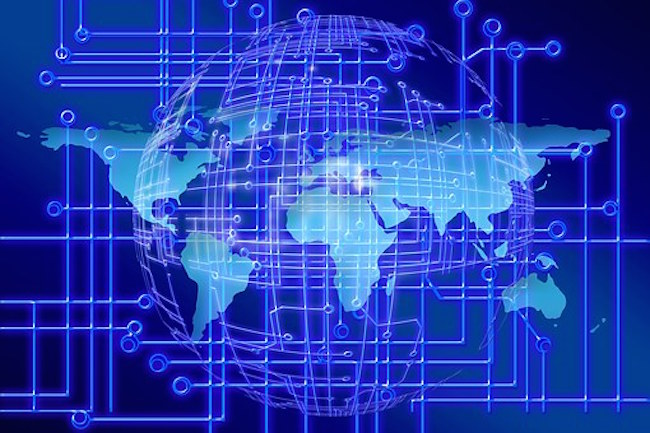Tech Billionaires Aiming at a Global Currency by Dr. Joseph Mercola for Mercola
Bartering and the exchange of currency have long and interesting histories. We’ve gone from trading products and metal coins to exchanging paper notes and now cryptocurrency, based on digital encryption. While it might seem that cryptocurrency is a natural next step in financial evolution, remember that just because something is possible doesn’t mean it’s better.
Bitcoin was the first established cryptocurrency to hit the market.1 It is based on an online “currency” secured through encryption. The first hint of it arrived in 2008 in a paper posted to a mailing list by someone using the name Satoshi Nakamoto. No one knows who that person really is (or was), even today.
The software went public in 2009 and the first exchange happened in 2010 when someone traded 10,000 Bitcoins for two pizzas. According to Forbes Magazine, had the individual exchanging those Bitcoins kept them, the value would have jumped to $100 million in 2017.
But, long before that, back in 2013 the price of one coin dropped from $1,000 to $300. This was likely triggered by a six-hour period during which there were two digital networks, with two transaction histories, operating at the same time.2 This glitch cost Bitcoin’s value to drop for more than two years before it recovered.
One of the largest thefts of Bitcoin occurred in January 2014. Mt.Gox, a cryptocurrency exchange, was hacked and 850,000 Bitcoins valued at $450 million were stolen. As cryptocurrencies have continued to be exchanged, Google, Gates and several partners recently revealed a new level of global digital currency and money transfer.
Mojaloop Foundation Aiming at a Global Currency
The history of Mojaloop began in Toronto in 2017 when the Bill & Melinda Gates Foundation started an open-source banking project.3 Since then, interest has varied. In 2019, The Gates Foundation backed DFS Lab to hold a hackathon with the intent of introducing the Mojaloop software to tech companies.
Jake Kendall, executive director for DFS Lab, spoke to a reporter at Forbes, excited about the possibilities Mojaloop may present to undeveloped countries: “We see Majaloop [sic] as part of [a] bigger trend toward standards-based interoperability and improved interlinking in financial services.”
Kendall was employed in financial development at the Gates Foundation before moving to DFS Lab. Nearly one year later, Google and the Gates Foundation announced a coalition of nonprofit and tech companies to form the Mojaloop Foundation.
Some of the companies included the Rockefeller Foundation, Coil, the Omidyar Network and ModusBox.4 The rollout in 2020 is a culmination of testing what works in digital currency with the goal of repeating outcomes of a similar digital platform used in Kenya, called M-Pesa5 with an aim at serving 1.7 billion people.6
The M-Pesa platform was introduced in 2007 and by 2012 had 17 million accounts. The software allows a “monetary value to be stored on a mobile phone and sent to other users via text messages.”7 Monetary efficiency, in an area of the world where most people don’t have access to banks, may have helped 194,000 households get out of poverty.
The technology is just the beginning. David Wexler, CEO of ModusBox, told Fortune Magazine that the system will require the ability to connect across country borders and ensure the tool is accessible to those who need a means of connecting with digital financial services.
To that end, the Mojaloop Foundation plans to provide experts within the countries to help develop solutions and guide governmental policies. It’s intended to be managed by the country’s government or financial authorities, but the sharing standard means it becomes interoperable across borders.
What this means is the system will be able to work with, or use parts of, another system within the country. The Mojaloop Foundation describes their platform this way:8
“Whole, adapted, or as a blueprint — the Mojaloop Foundation’s open source software can be used by organizations to build interoperable, digital payment systems that enable seamless, affordable financial services between individual users, banks, government entities, merchants, mobile network operators, providers, and technology companies — connecting the underserved with the emerging digital economy.”




